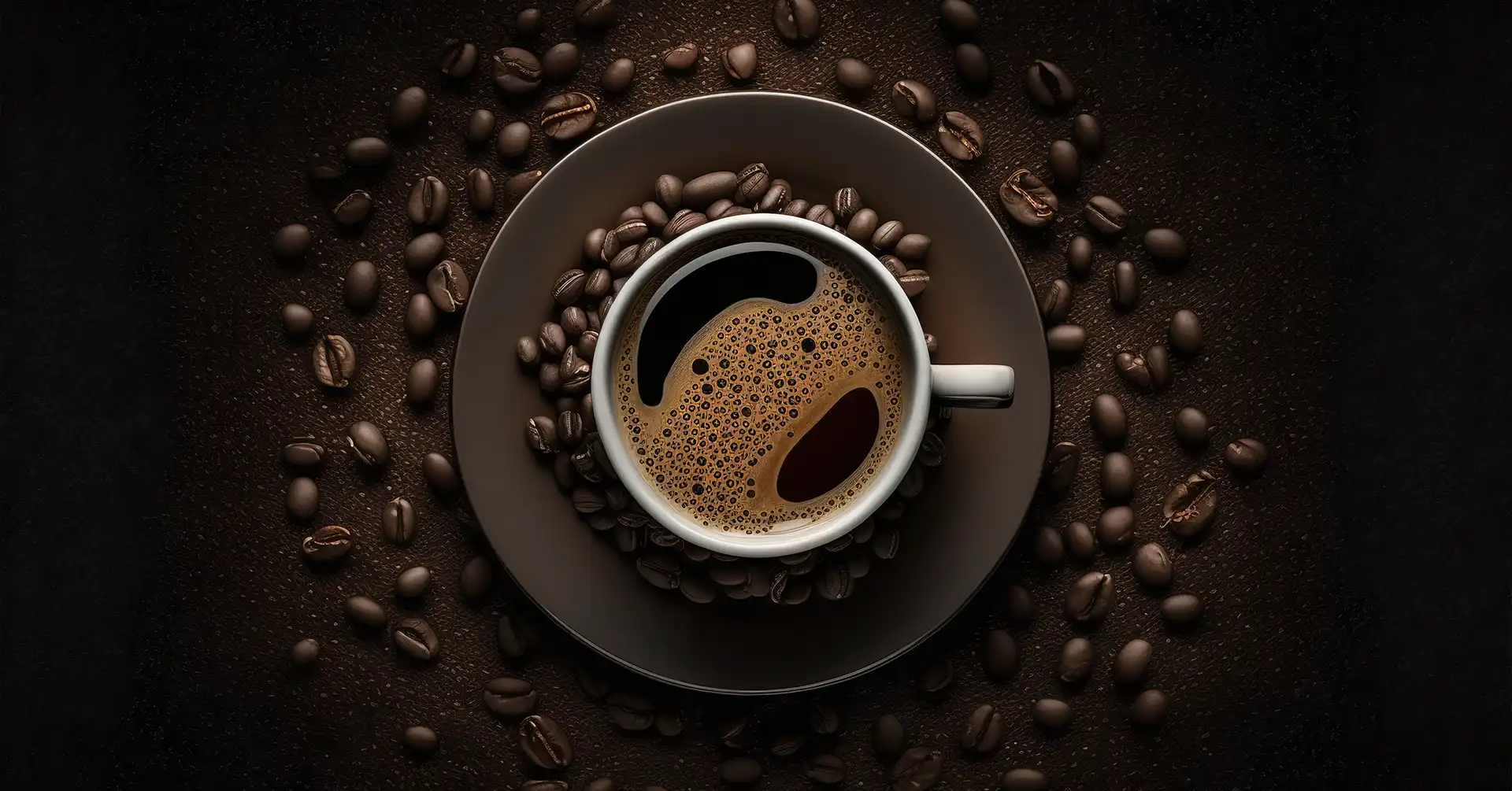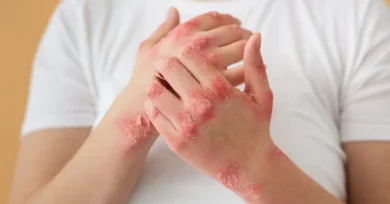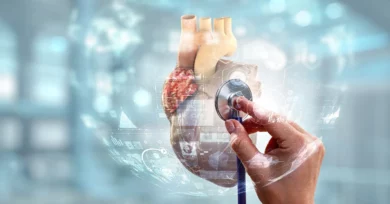Caffeine is good only when taken in moderate amounts. Its overdose can lead to anxiety. It is also the most psychoactive drug that is present, and as per the statistics, almost 90% of Americans consume caffeine every day. However, caffeine does provide some health benefits, such as increased alertness and focus, improved brain function, and a reliable energy boost along with a better mood. But it does have adverse effects on health. In this article, we will be briefly talking about caffeine and how it accelerates anxiety, along with other facts that all caffeine lovers must know.
Caffeine- The Cause of Anxiety:
Folks, there are many people who have doubts regarding caffeine being the reason for anxiety. Well, consuming caffeine can make your anxiety much worse as it will have adverse effects on the central nervous system of your body. Caffeine is basically a stimulant that temporarily reduces fatigue by blocking the adenosine receptors, which is a chemical that is responsible for making you sleepy. Studies have shown that people who consume caffeine within the first 90 minutes of waking up are more likely to experience fatigue later in the day. This is primarily because of the recycling of the adenosine molecules which were temporarily blocked by caffeine. So, for people who have been diagnosed with anxiety, consuming caffeine can become adverse for them. They can get negative feelings, and in some cases, they also might get panic. Also, your heart rate may increase, and you might experience jumpy and uneasy feeling. Hence, these are some of the adverse effects that escalate anxiety and also are the classic symptoms of anxiety.
How do You Know that You Have Anxiety?
Well, folks, there are many people who, despite having some of the symptoms, become increasingly unaware of the fact that they have anxiety. So, it is very important to know the symptoms of anxiety. Caffeine and anxiety are a deadly combo and can be very detrimental to your health. Here are some of the symptoms which will help you to identify whether you have anxiety or not:
- Fatigue
- Sweating
- Sleep problems
- Gastrointestinal issues
- Persistent feelings of worry or panic
- Poor concentration
- Increased heart rate
- Tremors, twitching
- Headaches
- Irritability
- Feelings of tension
- Restlessness, nervousness
Folks, these are some of the symptoms of anxiety that can be escalated once you take caffeine. In the next section of the article, we will be sharing about some of the effects of caffeine. So, head to the next section now!
Effects of Caffeine:
Folks pay close attention to this section of the article, as we will be discussing some of the effects of caffeine, which can be detrimental to our health. They are:
- Insomnia
- Rapid heart rate
- Headaches
- Tremors
- Dehydration
- Gastrointestinal issues
- Jitters
- Nervousness
The effects of anxiety typically lead to the worsening of all these anxiety symptoms. However, most of the healthy adults can tolerate moderate amounts of caffeine, and they will not get any negative effects from that. But the people who are already dealing with anxiety will have worse effects. Also, your reaction to caffeine depends on the anxiety disorder as well as the unique sensitivities to coffee. This can be seen in people who have panic disorder. People who have panic disorder will get their symptoms worse and encounter many panic attacks after consuming caffeine. This is because the jolt of energy which will be stimulated by the caffeine will actually be a triggering factor and will cause a fight-or-flight response.
How to Regulate Caffeine Intake?
Folks, it is important to keep monitoring your intake of caffeine. You can do this by following some of the guidelines which we will be sharing under this article.
Make sure to keep in mind that espresso, soda, energy drinks, a variety of black and green teas, and some of the supplements all have some amount of caffeine in them. So, before you consume any of these drinks, make sure to read the labels, especially when you have anxiety disorders or other conditions that will be affected by caffeine.
Also, if you feel that caffeine is interfering with your medication routine, make sure to talk to your doctor or if you are stressed about completely excluding caffeine from your diet.
Some Alternatives to Caffeine:
If you are a heavy caffeine consumer, then cutting off caffeine or limiting its intake will be a challenge to you. So, it is important to keep in mind the amount of caffeine you consume every day. Also, if you are looking for some of the alternatives to caffeine, then this section will help you find the right alternatives. So, without any delay, let’s get started!
Ginseng:
Many of the health benefits of caffeine resemble Ginseng, and some of the positive effects of consuming Ginseng include sharper cognitive function, increased energy, low blood pressure, and even a boost in the immune system
Rooibos tea:
This is a caffeine-free herbal tea that can easily be replaced with caffeine, and you can replace it with drinks that have high levels of caffeine. It is also good for people who have high blood pressure and has a significant effect on lowering blood pressure. It will also give you an antioxidant boost and will make your body feel healthy overall.
Carob:
Caffeine is also contained in Chocolate. The darker the chocolate, the more caffeine it has. So, make sure to look at your chocolate consumption when you are looking to cut down on caffeine. Carob is a very good substitute for sugar cravings, and it is also gluten-free and easily digestible
Mushroom “coffee” like MUD/WTR:
A good mixture of mushroom, adaptogens, cacao, and masala chai has about a third amount of caffeine than a regular cup of coffee. The adaptogens that are found in the mushrooms are known to give relief to stress and also improve immune health.
Chicory root coffee:
Chicory root coffee is a very popular replacement for caffeine, and it is rich in fiber, too. It has a rich, nutty, and earthy flavor, which will help you not take another cup of coffee. Another fact is that you can easily brew it on your own to get an absolutely caffeine-free drink.
Folks, just cutting down on caffeine isn’t necessary. One must also look to lower anxiety naturally. So, in the upcoming section of the article, we will be sharing some of the natural ways by which you can lower anxiety naturally.
Reduce Anxiety Naturally:
You can practice the following methods, which will be listed in this section of the article, for lowering anxiety naturally. They are:
Mental Health Counselling:
When you come in contact with a licensed professional, they help you in getting to know about your anxiety symptoms in depth. Also, they will guide you to manage triggers, and you will be able to handle your mental health much better. CBT, or Cognitive Behavioural Therapy, is a very popular way of managing anxiety.
Improve Sleeping Habits:
Make sure to improve your sleeping habits, as it also plays a very important role in managing stress and anxiety. Improve your sleep by strictly following a regular sleep cycle, avoiding looking at the screen two hours before going to bed, and making sure to sleep in a calm environment. This will help you get much better sleep, and you can regulate your anxiety levels to a greater level.
Maintain a Healthy Diet:
Also, if you maintain a healthy diet, to a large extent, you can regulate your anxiety and stress. Eat a balanced diet that has plenty of green leafy vegetables, whole grains, healthy fats, and fiber-rich foods that support brain health. Supplements can also be consumed to fill in the gap that your diet will be lacking
Exercise Regularly:
Exercising regularly is a great way to maintain and regulate stress. Also, exercising regularly significantly reduces the risk of developing chronic conditions. When you exercise regularly, there will be an increase of serotonin levels in your body, which is a neurotransmitter for regulating mood, memory, and sleep cycles. Also, exercising regularly helps in a significant Vitamin D boost.
Folks, these are some of the natural ways by which you can regulate your anxiety level, and also, you must reduce or cut off the intake of coffee from your diet.
Conclusion:
Make sure to moderate caffeine intake and exercise regularly to see a significant reduction in anxiety levels and stress. That’s all, folks. I hope the article will help you in getting all the information you need.
Read More:






